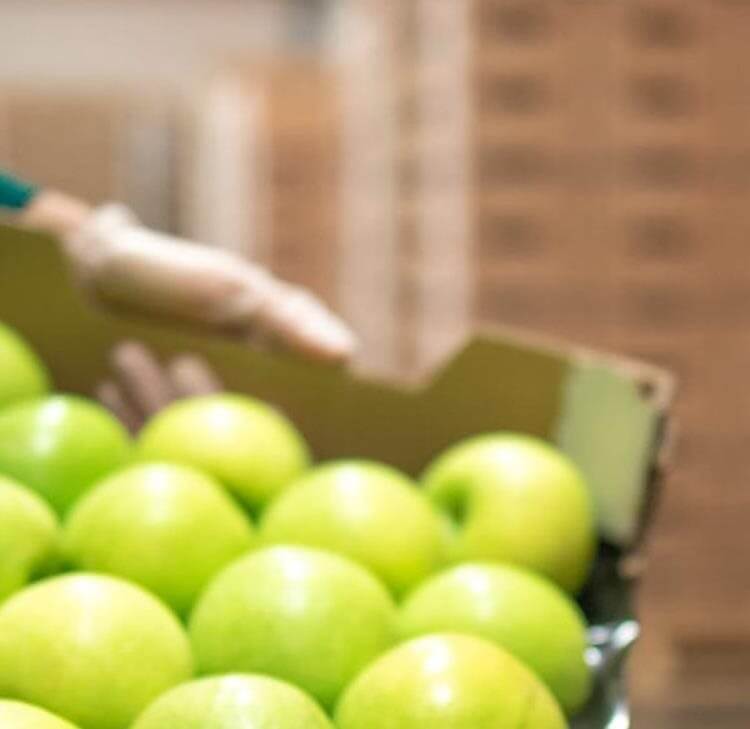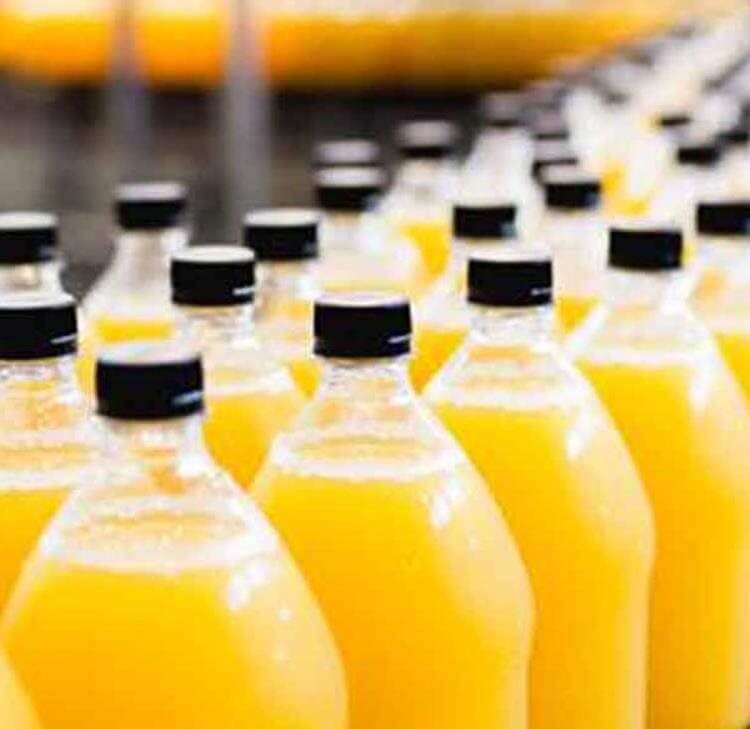Welcome to our new food and drink quarterly regulatory update, produced by our expert food and drink lawyers. We know and appreciate the regulatory landscape affecting the food and drink sector is in constant flux and keeping up to speed with the latest developments is a task in itself.
Our intention is to remove some of that burden from you by providing a quarterly update which contains relevant and timely information about new regulatory developments affecting the food and drink sector. We will also provide in-depth articles where we know the sector is finding a regulatory issue more challenging to interpret or implement.
We will be following closely the UK Government’s plans to review retained EU law, a substantial proportion of which directly affects the food and drink sector and the increasing regulatory divergence between the UK and EU and also the UK’s devolved administrations and governments.
If you need to contact one of our experts, our contact details are below – we look forward to providing these updates and if you have any feedback please let us know so we can ensure they are as useful to you as possible.
Best wishes
Browne Jacobson food and drink sector team
Sign up to our food and drink mailing list
Contents
- Updated Food Law Code of Practice to focus inspection efforts on higher risk businesses
- Defra Extended Producer Responsibility (EPR) Regime likely to be shelved in England and Wales
- Northern Ireland – the green lane and “Not for EU” labelling
- FSA-commissioned report puts forward new ideas for novel food approvals
- Single-use plastic ban coming into force in October 2023
Updated Food Law Code of Practice to focus inspection efforts on higher risk businesses
In June, the Food Standards Agency (FSA) updated its Food Law Code of Practice for England and Northern Ireland.
The updates to the Code drive for more frequent inspections of businesses that pose a higher risk to consumers, such as takeaways, and less inspections for businesses that already demonstrate good and sustained levels of compliance, such as supermarkets.
Local authorities will be given greater flexibility and support to take a more risk-based and intelligence-driven approach to inspections. For example, through remote checks where appropriate to ensure that action is taken at the right stage of the supply chain.
The updates follow a successful pilot of seven local authorities that indicated the new model is more effective in identifying non-compliance.
Defra Extended Producer Responsibility (EPR) Regime likely to be shelved in England and Wales
Following a damning report from the National Audit Office (NAO), the UK government is set to push back the rollout of its controversial EPR regime by at least a year.
Ministers have agreed to go “back to the drawing board” after the report highlighted that the regime will cost the waste industry more than £2bn a year despite still failing to solve the problems it faces.
A combination of a lack of clear timeframe, costings and clearly set out waste ambitions have left local authorities (LAs) confused about their next steps. Amongst other issues, LAs currently do not know how payments through the regime will affect their overall funding, meaning that many LAs may procure new lorries and bins at the same time once funding becomes clear. This will put pressure on supply chains and therefore take longer than expected for waste to be collected as required by the regime.
The NAO has recommended that Defra develop a clear path for achieving its resource and waste ambitions, determine the cost implications and proactively engage stakeholders to give as much clarity over its plans as possible ensuring a stronger position for achieving its ambitions.
Northern Ireland – the green lane and “Not for EU” labelling
From 1 October 2023, businesses in Great Britain (England, Scotland and Wales) will be able to move prepacked retail goods as well as certain loose goods including fruit and vegetables through the “green lane” to Northern Ireland, under the Windsor Framework. This has been given the catchy title of the Northern Ireland Retail Movement Scheme (NIRMS).
Some goods passing through the green lane/NIRMS will need to be accompanied by an individual product label with the words “Not for EU”. These requirements will be brought in, in 3 phases, with Phase 1 beginning on 1 October 2023. Please note there will be a 30 day transition period at the start of each phase and goods already on the market will not need to be relabelled in order to be lawfully sold during the transition period.
In Phase 1, all meat products and some fresh dairy products that are moving from Great Britain into Northern Ireland will need to be individually labelled. In this first phase, only products moving into Northern Ireland via the green lane/NIRMS will need to meet the ‘Not for EU’ labelling requirements.
In more detail for phase 1, the ‘Not for EU’ label will be required on all prepacked meat products, meat packed on sales premises and some dairy products. Compound products like a chicken kiev are included in phase 1 but composite products like pepperoni pizza are not – composite products are included in phase 3. In respect of dairy products, phase 1 includes pasteurised milk, buttermilk and cream products, cottage cheese, crème fraiche and sour cream.
Phase 2 is currently scheduled to commence on 1 October 2024 and Phase 3 on 1 October 2025 where further goods such as fruit and vegetables will fall within scope. This is a significant change and one which has been imposed with limited consultation. If you need assistance navigating Northern Ireland labelling rules or the Windsor Framework more generally, please contact one of our experts.
FSA-commissioned report puts forward new ideas for novel food approvals
Deloitte has published its FSA-commissioned report on the structure of approving novel foods in the UK, such as lab-grown meats, products using specific fermentation and insects.
The previous novel food approval system has often been viewed as an obstacle to innovation. This report puts forward what has been described as a “radical reimagining of the Novel Foods Regulatory Framework”, with ideas for improving the environment and food security.
One such option is to allow for alternative proteins to go on sale in the UK without the current long approval process, so long as they have been lawfully sold in other parts of the world. Another option is for the UK to adopt “collaborative regulation”, in which the FSA could authorise novel foods to be sold using evidence or decisions from food regulators in other countries. This conditional authorisation and supervision model is similar to models used in other sectors, such as pharmaceuticals.
The FSA has committed to work with the government to explore further reform opportunities and this review suggests an exciting future ahead for those looking to bring innovative foods to the UK market.
Single-use plastic ban coming into force in October 2023
The new Environmental Protection (Plastic Plates etc. and Polystyrene Containers etc.) (England) Regulations 2023 will come into force on 1 October 2023, which means that businesses must no longer supply, sell or offer certain single-use plastic items in England.
This will include all types of single-use plastic, including biodegradable, compostable and recycled and any items wholly or partly made from plastic, including the coating or lining. There will also be bans on online and over-the-counter sales and supply and items from new and existing stock.
Businesses are encouraged to use up existing stock before 1 October, find re-usable alternatives and use different material for single-use items. Continuing to supply banned single-use plastics after 1 October may result in a fine.
There are some exemptions depending on the item, including plastic plates, bowls and trays if you are supplying them to other businesses or the items are packaging, such as a pre-filled salad bowl or ready meal.
Local authorities will carry out inspections and if you are found to have broken the law, inspectors can order your business to cover the cost of the investigation and complaints about your business can be made to Trading Standards.
It is recommended that businesses review the government guidance to ensure they will be compliant.
Our team

Sam Sharp
Partner

Rachel Lyne
Partner
Key contact

Mark Hickson
Head of Business Development
onlineteaminbox@brownejacobson.com
+44 (0)370 270 6000









































